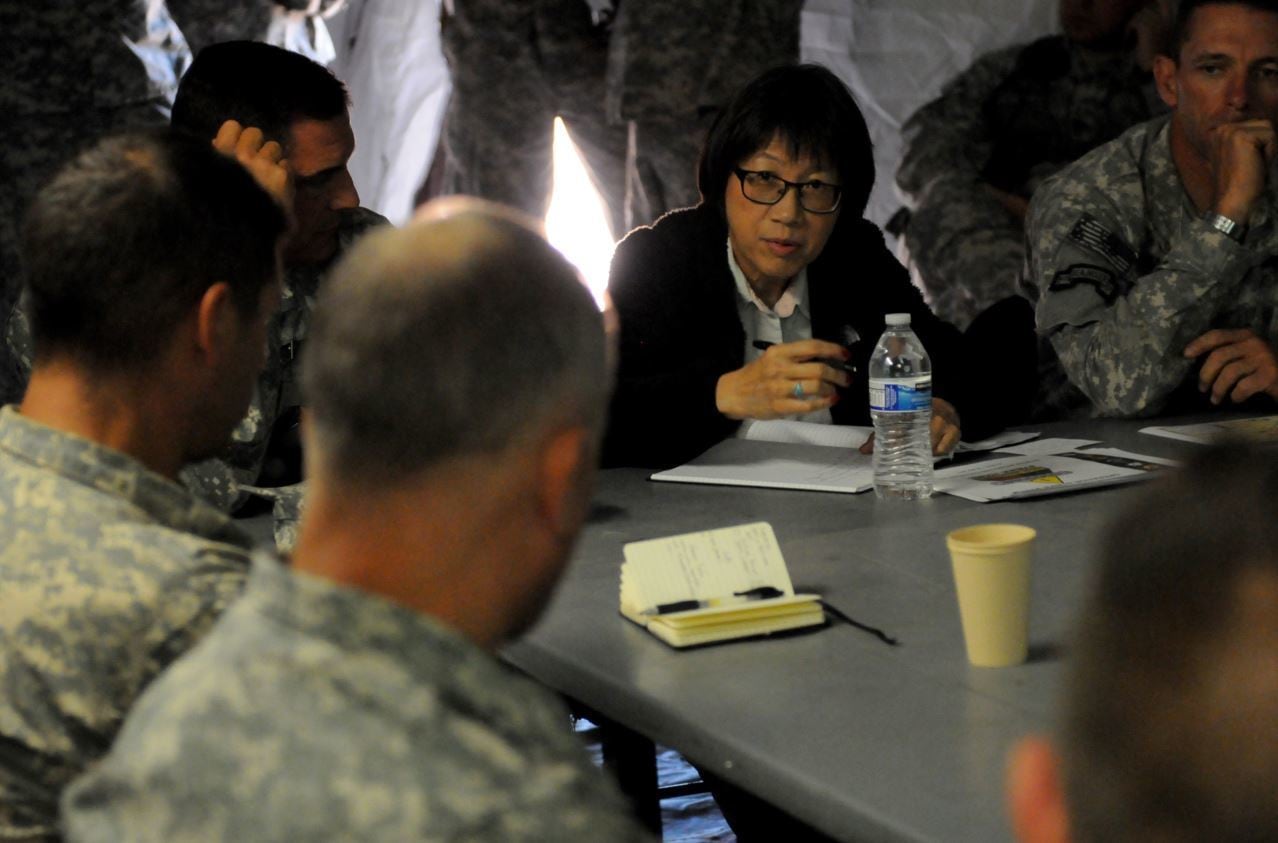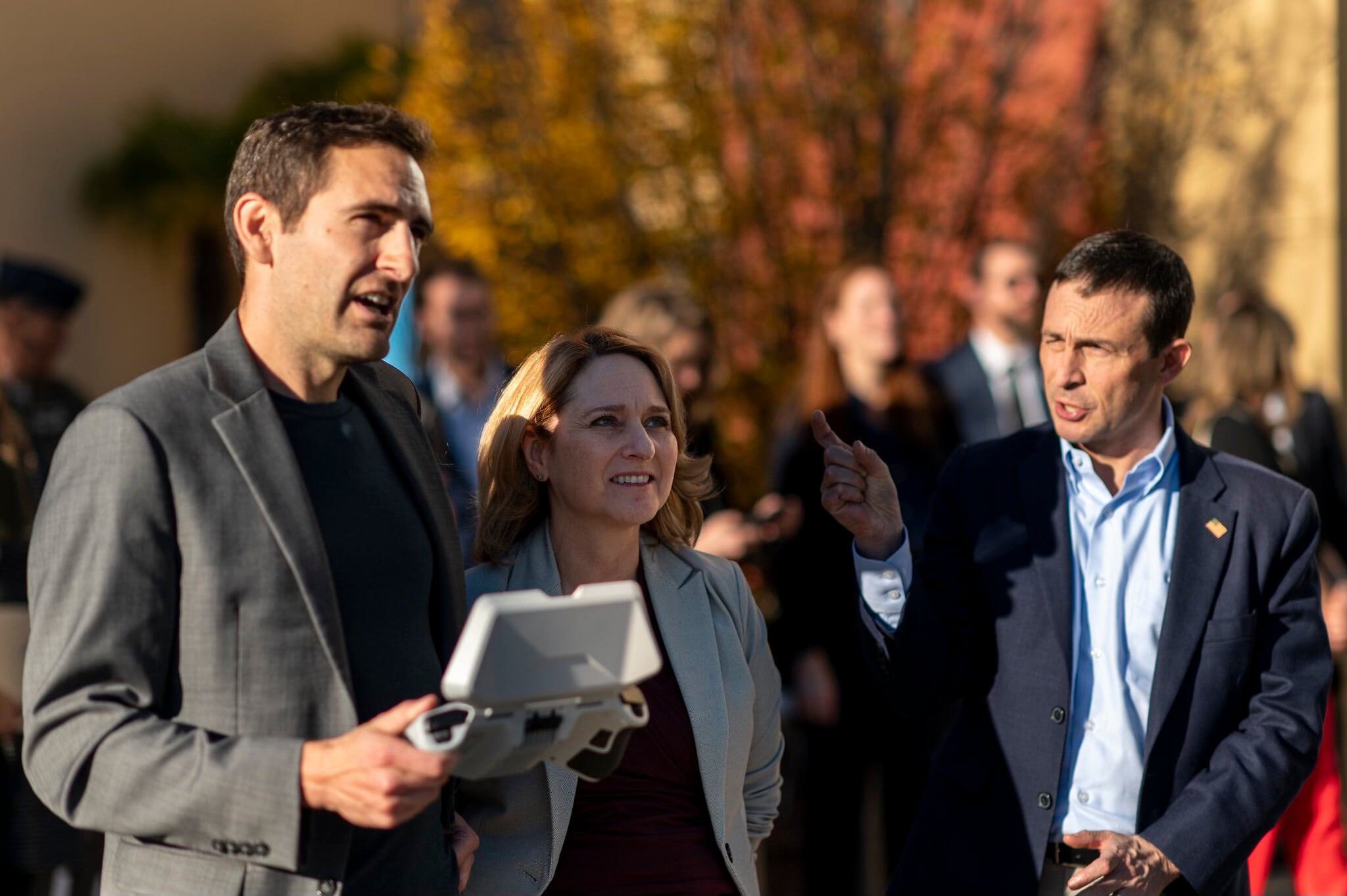WASHINGTON — House lawmakers want to expand the role of the Pentagon’s chief technology officer to emphasize the importance of leveraging commercial innovation to rapidly field new capabilities.
The broader role, which the House Armed Services Cyber, Information Technology and Innovation Subcommittee proposed in its draft of the fiscal 2024 defense policy bill, would come with a name change, redesignating the Undersecretary of Defense for Research and Engineering as the Undersecretary of Defense for Technology Integration and Innovation.
“The Under Secretary shall be appointed from among persons who have an extensive technology or science background and experience in private capital, commercial innovation or prototype-to-production transition and managing complex programs and leveraging public-private capital partnerships,” the subcommittee said in its draft bill, which it released June 12.
The undersecretary would serve as the principal advisor to the Secretary of Defense on programs and technology development efforts involving commercial innovation and integration.
The proposed language would take effect one year after the bill becomes law. If still in the role at that time, the Pentagon’s current chief technology officer Heidi Shyu would remain in the position.
The subcommittee is scheduled to vote on the draft bill June 13.
The provision reflects a growing call from lawmakers for the Defense Department to work more closely with commercial companies. The subcommittee’s bill also seeks to codify the Pentagon’s decision earlier this year to elevate the Defense Innovation Unit to report directly to the Secretary of Defense. The office previously fell under Shyu’s oversight.
Defense Secretary Lloyd Austin announced the decision in April, a move that coincided with the department’s appointment of former Apple executive Doug Beck to serve as DIU director. The organization leads the Pentagon’s efforts to transition commercial technology for national security applications and works closely with companies doing new business with DoD.
The subcommittee’s DIU provision would also require the department to review the organization’s staffing levels and determine whether it’s “sufficiently staffed to meet its objectives.”
The report should include a plan to address any staffing shortfalls the department identifies and identify any necessary funding associated with that plan.
Courtney Albon is C4ISRNET’s space and emerging technology reporter. She has covered the U.S. military since 2012, with a focus on the Air Force and Space Force. She has reported on some of the Defense Department’s most significant acquisition, budget and policy challenges.






